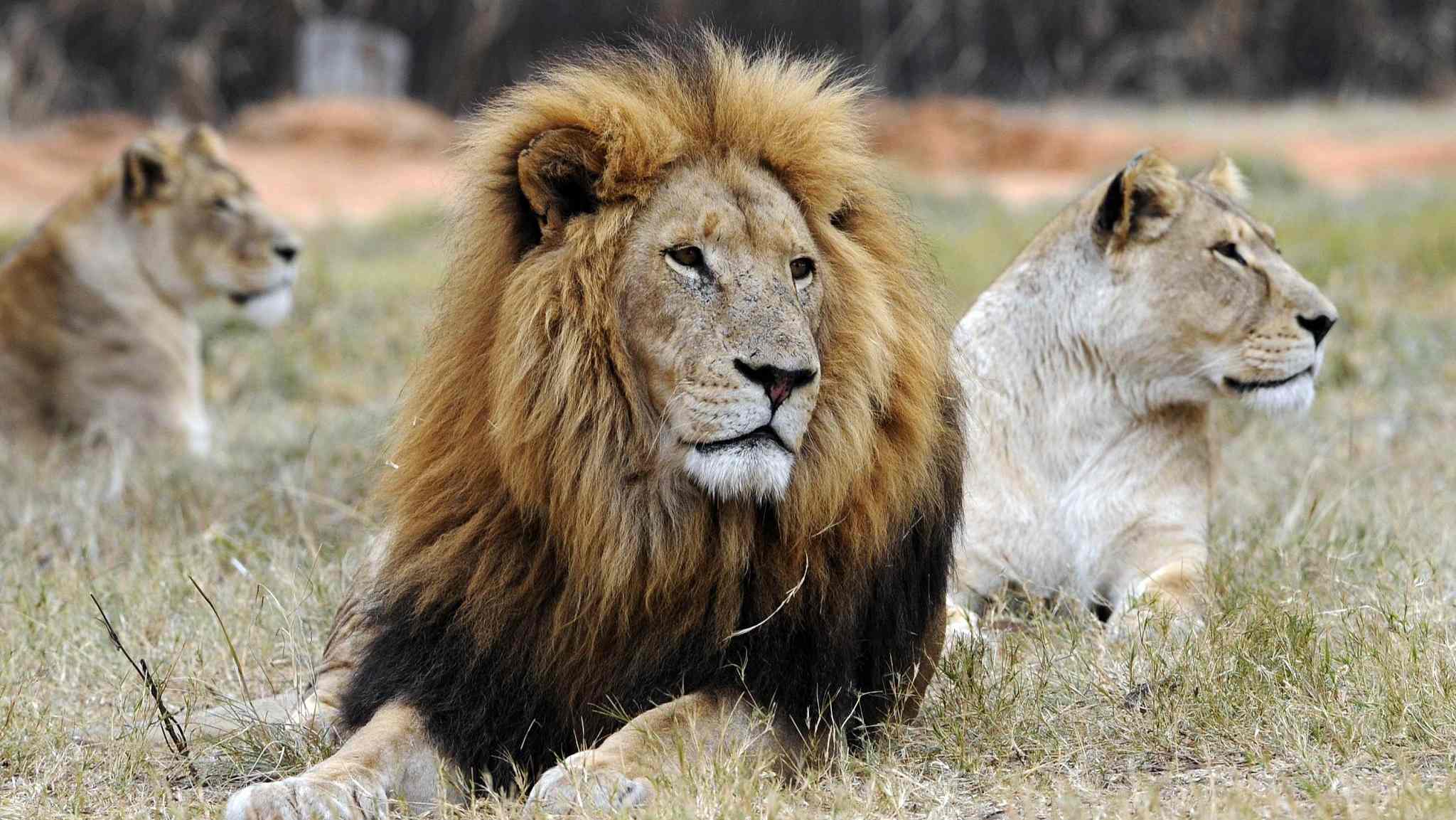
Tech & Sci
14:31, 08-Jan-2019
Protest over sale, display of iconic animal trophies
Updated
14:20, 11-Jan-2019
Alok Gupta

A leading animal protection group is opposing an international convention showcasing and trading trophies of iconic animals. Most of the trophies that will be put on display were hunted and imported from African countries.
The four-day Safari Club International (SCI) convention from January 9 to 12 in Nevada will exhibit and auction African elephants, lions and leopards, and North American cougars, bears and wolves.
“The SCI convention is a huge gathering of people in the business of buying, selling, and auctioning off dead animal parts and opportunities to slay wild animals for fun or bragging rights,” Kitty Block, president of Humane Society International (HSI), said.
Last year's convention in Las Vegas put on auction 280 trophies hunted in South Africa valued at more than 1 million U.S. dollars. In 2016, according to federal tax filings, the convention raised more than 7.7 million U.S. dollars in net revenue.
“SCI's claim of concern for wildlife conservation is greatly undercut by its agenda of advocating and celebrating the killing of the planet's most threatened species,” Block added.
The organization members have killed at least 2,007 African lions, 1,888 African leopards, 791 African elephants and 572 rhinos, including 93 critically endangered black rhinos, HSI claimed.
“The most prolific trophy hunters are awarded the World Hunting Award ring, which some have called the Super Bowl ring of hunting,” it maintained.
A major importer of animal trophies, the U.S. allowed the import of 3,249 in 2016, around 60 percent of the animal trophies from Mozambique, Namibia, South Africa, Tanzania, Zambia and Zimbabwe that year, the Convention on International Trade in Endangered Species of Wild Fauna and Flora (CITES) data revealed.
U.S policymakers believe that legal, well-regulated hunting as part of a sound management program can benefit the conservation of certain species by providing incentives to local communities. The revenue earned from the hunt can be used to conserve the endangered species, the U.S Fish and Wildlife Service website maintains.
Conservationists revealed some of the species imported into the U.S are listed as vulnerable on the International Union for Conservation of Nature (IUCN) Red List of Threatened Species, such as leopards.
From 2014 to 2016, more than 1,000 leopard trophies were imported into the U.S.
“We urge everyone, including government decision-makers, to challenge the conservation claims made by SCI and call them out as an industry group with a product to sell that is not beneficial to anyone, least of all imperiled wildlife.”
(Top Image: South Africa has as many as 8,000 lions in captivity being bred for hunting, the bone trade, tourism and academic research, according to estimates by wildlife groups. /VCG Photo)

SITEMAP
Copyright © 2018 CGTN. Beijing ICP prepared NO.16065310-3
Copyright © 2018 CGTN. Beijing ICP prepared NO.16065310-3